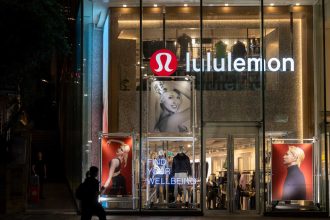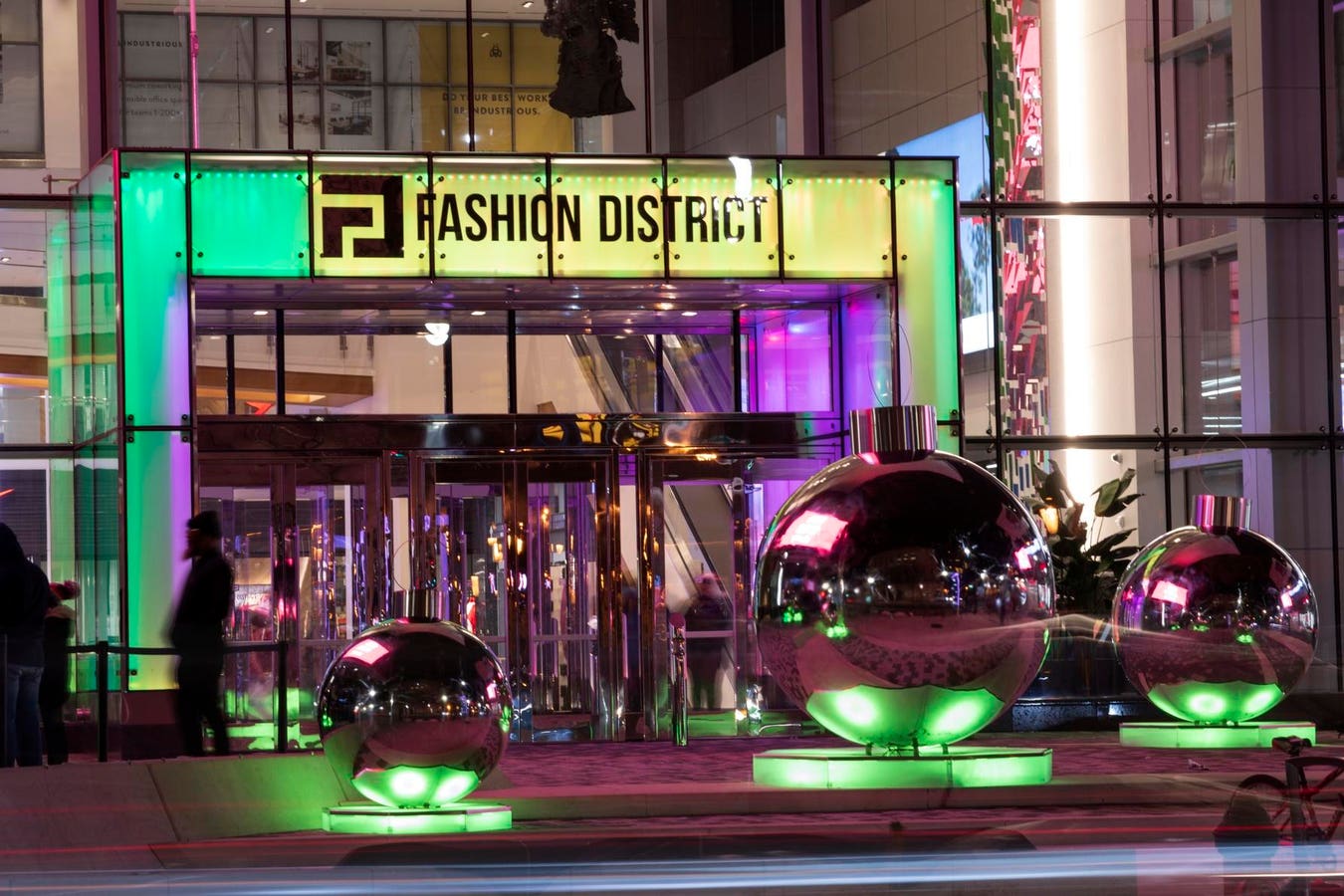The Pennsylvania Real Estate Investment Trust (Preit) has filed a Chapter 11 petition in the federal Delaware bankruptcy court and presented a reorganization plan to reduce indebtedness by $880 million. This marks the company’s second bankruptcy in the last three years.
It’s the retail equivalent of Long Covid. CFO Mario Ventresca told the court earlier this week that the previous bankruptcy filed in 2020 “proved insufficient to address the company’s long-term liquidity needs and persisting macroeconomic challenges,” the Wall Street Journal reported.
Changes in the retail industry and consumer shopping behavior have piled on since Preit emerged from its earlier bankruptcy. Retailers going out of business and store closings have negatively impacted operations, and declining consumer confidence, rising inflation and their shift to online purchasing have hurt foot traffic. It’s created a perfect storm that the company can’t recover from without help from the court.
During the restructuring, all malls will remain open, and Preit reassured its tenants, vendors and employees that they will not be affected. It plans to emerge from bankruptcy by early February 2024.
Restructuring Plan
The plan will restructure Preit’s balance sheet by providing facilities for first-lien lenders to receive a cash payment for all of their claims or enter into a new exit loan facility, converting claims into term loans. Second-lien lenders will exchange their holdings into equity interest in the company. The restructuring will effectively take the public company private.
According to the company, all of Preit’s first and second-lien lenders support the plan because they believe in the long-term viability of the business. In addition, it has received a $135 million commitment for debtor-in-possession and exit-revolver financing, led by Redwood Capital Management and Nut Tree Capital Management.
“Following the pandemic disruption, PREIT has worked tirelessly to enhance the portfolio, dramatically improve occupancy and diversify its tenancy. However, unusual economic conditions have limited the Company’s options with respect to its debt obligations as meaningful achievements on the operating front were met with inflation and rising interest rates,” Joseph Coradino, chairman and CEO of Preit, said in a statement.
“We look forward to quickly emerging from this process as a financially stronger company with the resources and support to continue creating diverse, multi-use property experiences throughout our portfolio,” he continued.
Caradino and the existing Preit board are expected to remain in place; however, they came under fire earlier this year when a shareholder revolt demanded their resignations.
Fixture In Philadelphia Market
Preit currently operates seven Philadelphia malls, including suburban Exton Square, Plymouth Meeting, Willow Grove Park and Springfield Malls, and in downtown Philly, the Fashion District, jointly developed with Macerich. Across the Delaware River in New Jersey, it has Cherry Hill and Moorestown Malls
It also operates three other Pennsylvania malls in Camp Hill, Scranton and Allentown; three in Maryland, two in Virginia, and one each in Michigan, Massachusetts, North Carolina and South Carolina.
All told, its portfolio consists of 23 properties, including 19 shopping malls, three other retail properties and one development property. Earlier this year, Preit and its investment bank PJT Partners tried to sell off some of the company’s properties to no avail, though it was able to sell a Whole Foods store adjacent to the Plymouth Meeting Mall for $27 million in February.
While Preit’s nearly $1 billion debt load was a heavy burden, the upscale Fashion District Mall may have been the straw that broke the camel’s back. It opened in late 2019 on Market Street, just in time to close down again for the pandemic.
Once it reemerged from that, downtown shoppers and office workers went MIA, and the threat of rising crime in the city has also discouraged shoppers.
Faced with a loan on the property due in early January 2024, Preit folded and turned over the keys and full operations of the troubled property to partner Macerich, according to local news reports.
Macerich may still get something out of it since the Philadelphia 76ers have proposed to build a downtown basketball arena in a part of the mall between 10th and 11th Street along Market Street.
“This does not affect our plans or ability to deliver a $1.5 billion world-class arena and residential building,” David Adelman, part owner of the 76ers and leader of the team’s 76 Devcorp, told the Philadelphia Inquirer.
Uncertain Future
As recently as August, Preit predicted a bright future after adapting its traditional mall model to the changing needs of communities by adding grocery, healthcare, residential, leisure and entertainment venues and more open-air spaces.
Springfield Town Center opened a Lego Discovery Center this year, including play areas, 4D cinema, a café and Lego shop. The Willow Grove Park Mall introduced a Tilted 10 bowling alley, video and arcade games and bumper car experience, and the Moorestown Mall is repurposing a vacant Sears location into a healthcare center.
But its future is still dependent upon its major tenants to continue to pay the rent, including 13 Macy’s stores, 11 JC Penney
JCP
Further, while demand for retail space remains strong, malls have the highest average vacancy rate (9.1%) across the five different retail categories tracked by JLL
JLL
And when tenants sign new leases, they are going for smaller spots. CoStar Group
CSGP
Ultimately, the future of Preit will be determined on a case-by-case, mall-by-mall basis. But just getting out from under its debt load won’t restore vibrancy to its malls and make them destinations for people to visit. It will need a marketing plan to go along with its restructuring one.
Read the full article here





